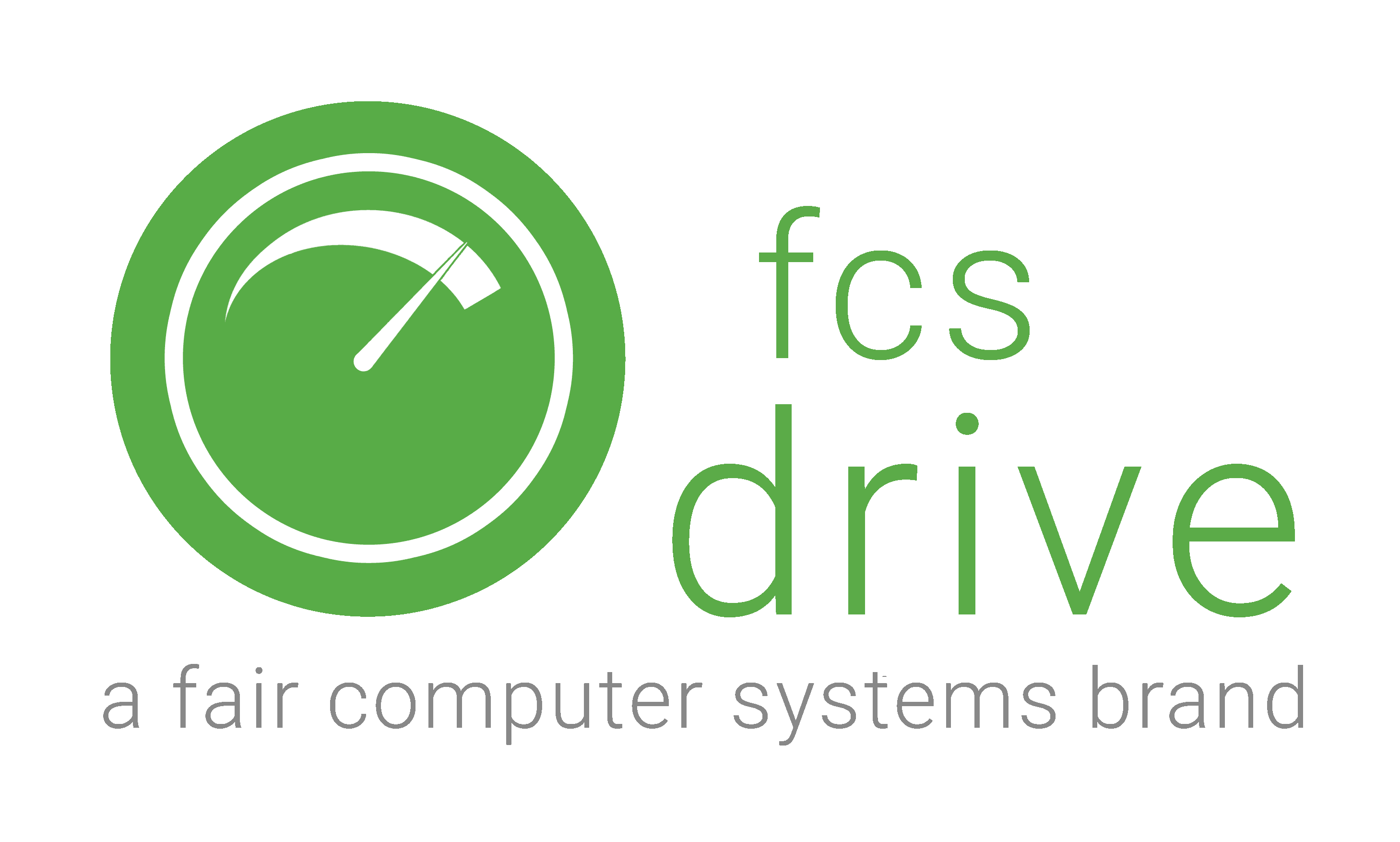Security.Desk 5.3 can now be downloaded from our download area.
The new version 5.3 of Security.Desk offers the following new features for more security on your clients:
New inventory data
For each client, the BIOS information as well as the data of the logical drives including capacity (total / occupied / free) are now read out and displayed.
Encrypted disks
The data of the logical drives of the clients are read out together with the “BitLocker” status. This keeps you up to date on which hard drives the computer in your network is encrypted with BitLocker and which is not – per terminal or in the report.
UEFI Secure Boot Enabled
From now on, you can see from the BIOS information in Security.Desk per device or via a report whether or not these clients have “UEFI Secure Boot” enabled. Accordingly you can act.
Furthermore, our security service is executable on clients with activated UEFI Secure Boot in Windows 10. The security service was therefore subjected to the code required by Microsoft.
Inverted blacklist file types
For the inverted blacklist file types, where you explicitly allow individual file types for use on storage media, e.g. docx files, exception files specified by you are always allowed, even if their file type is not actually released. Thus, as an alternative to file types, you can now release very special files for use.
Info box on the client for unauthorized mobile devices
If the client does not have permission to use mobile devices such as smartphones (such as iPhones) or tablets, and the device is not in the White List, an info box will be displayed on the client as soon as the device is plugged in. Prerequisite is that “Info-Box on the client” is activated in the settings. The displayed text is the same as that for prohibited storage media.
New reports
New are the reports on the BIOS and the encrypted hard drives (logical drives).
More information about Security.Desk can be found here.
Much security with Security.Desk 5.3 wishes the FCS team.



